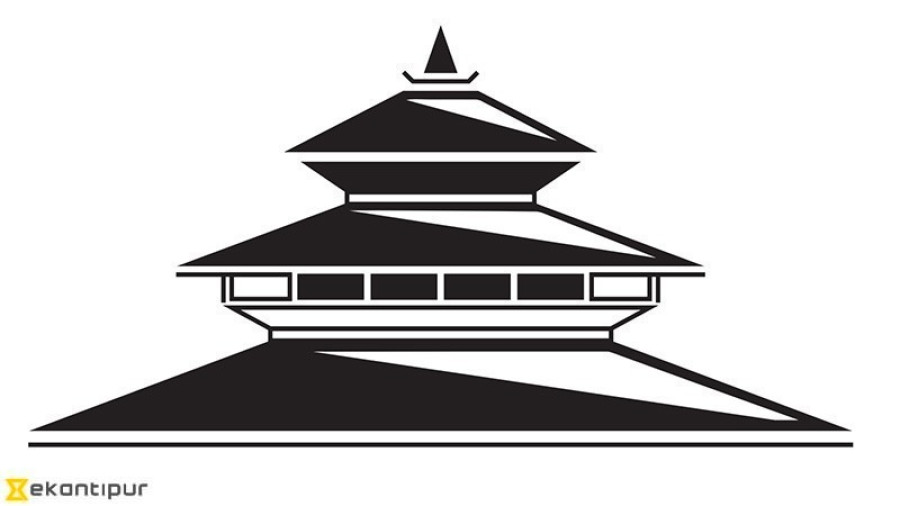Editorial
Lost in reconciliation
The Truth and Reconciliation Commission (TRC) has recently established offices in each of the seven provinces and deployed commissioners to oversee the investigation process into complaints that were received in 2016.
The Truth and Reconciliation Commission (TRC) has recently established offices in each of the seven provinces and deployed commissioners to oversee the investigation process into complaints that were received in 2016. Three-member committees have been put in each province to conduct the investigations, which include the provincial attorney, a member of civil society and a representative from the local bar association. The recent flurry of activities could have been expected to raise hopes among conflict victims.
However, this has not been the case. The work of the TRC has so far been half-hearted, and there is no reason to expect that things will change anytime in the future.
To be fair, this is not entirely the fault of the TRC. Its commissioners blame the government, and their criticisms make a great deal of sense. The ruling parties have never been much interested in the transitional justice commissions, and they have starved it of funds and necessary human resources.
The past two years have been primarily occupied by post earthquake reconstruction and negotiations over the constitution and elections. Hardly any serious attention has been given to transitional justice in the higher levels of the government. Furthermore, crucial legislation necessary for the proper functioning of the transitional justice
commissions is yet to be passed.
For example, Nepal still doesn’t have a law criminalising torture. The government has pledged many times but has not made any effort to amend the transitional justice law in line with the Supreme Court’s 2015 judgment or international standards. There is total confusion over how prosecutions will proceed. The law on the establishment of a special court is languishing somewhere in the bureaucracy.
Nonetheless, these factors do not entirely excuse the lack of performance of the TRC. During the first two years of its existence, it didn’t do anything but solicit complaints from conflict victims. This process was completed in the middle of 2016. There was very little movement after that. The terms of the TRC and the CIEDP were extended just a day before they expired on February 10. But there were various problems within the TRC. Commissioners were not getting along with each other. The chairman refused to attend his office for a long time. Only recently has the commission demonstrated any signs of activity.
At this point, there is widespread scepticism about the type of investigations that will be conducted by the teams that have been formed in the provinces. No member of the investigation teams has received any training in conducting investigations into war-time violations of human rights. Not even a single case has been investigated. There are also fears that the process will be politicised.
It is unfortunate that transitional justice mechanisms formed after so much effort and so many years are performing so poorly. The government needs to step up its game and pass the necessary legislation as soon as possible. For their part, the TRC and CIEDP need to demonstrate greater initiative. Only then will they be able to gain the trust of the conflict victims.




 9.89°C Kathmandu
9.89°C Kathmandu














